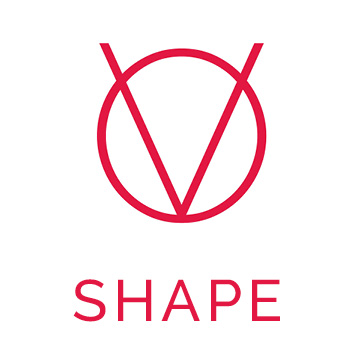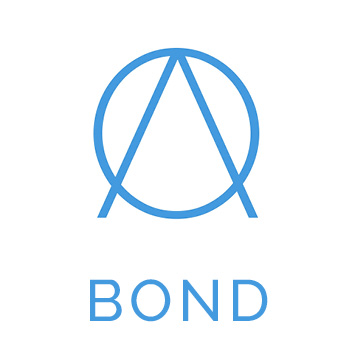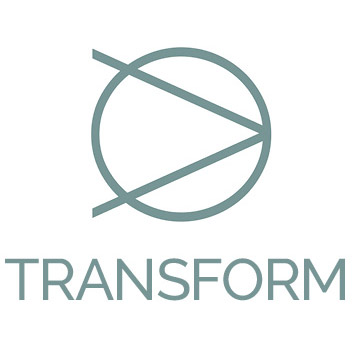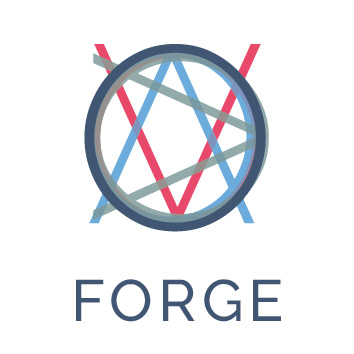Transform to Circular Living
Lockdown saw many people clearing out sheds, sorting through cupboards, finding time to get those DIY jobs done and – with so much other stress and uncertainly – creating calmer spaces in their homes. With growing awareness of the climate crisis, there has been more time to think about ‘stuff’ and the global impact of consumerism, as we relearn some of the making and mending skills of past generations.
Why own a drill when what you actually want is the hole?
“The pandemic has seen the satisfaction of tackling untidy cupboards, sheds and lofts short-lived, as the junk lingers in bags and boxes, unable to journey onto the usual recycling centre, charity shop, boot sale or clothes swap. Stuffocation –the sense of being overwhelmed by all our things – is on the rise. Not surprising given that the average home has around 300,000 items in it! A long-term UCLA study which revealed that cortisol (stress hormone) levels peak whilst people (especially women) interact with these thousands of items that need to be tidied, dusted and stored.
A greener post-COVID future would see ownership become rather passe, replaced instead by renting, leasing, borrowing and sharing more.
As they say, why own a drill when what you actually want is the hole!”
Nicole Barton of Cambridge Carbon Footprint
in conversation with Hilary Cox Condron FORGE 2020.
“Let’s behave like owners, not consumers, and repair rather than inflict something new on the planet if we don’t truly need it.”
Rose Marcario: ‘Repair is a Radical Act,’
A recent survey conducted on the impact of Covid-19 lockdown on clearing out behavior revealed that an average of 16.2 textile items were sorted to be cleared out by UK individuals. More clothing (11.4 items on average) was cleared out than any other textile, accessories, or other household products.
Can we look to the past to relearn the making and mending skills of the Victorian residents of Sturton Town?
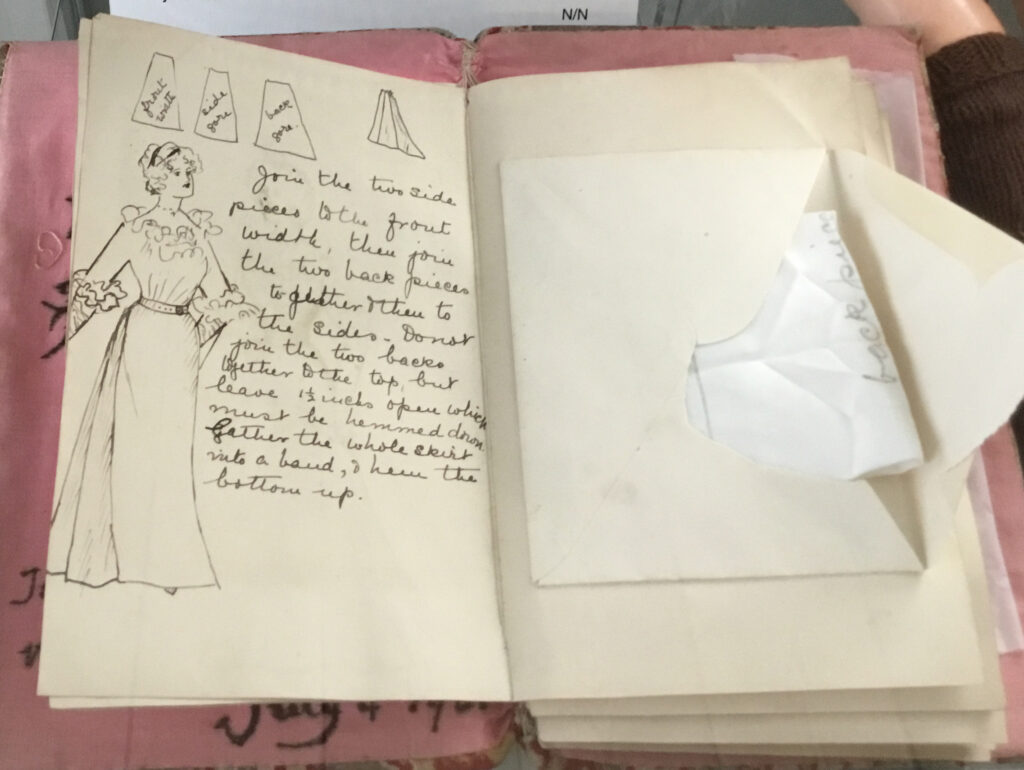
Museum of Cambridge
Community historian, Helen Weinstein, has been working with residents to discover more about Victorian life in Sturton Town. “These Victorian houses would have held a lot more people, and a lot less stuff,” says Helen “Not only were homes occupied by many people, with all the children of a family sharing one bedroom at night, but households also conducted a variety of domestic and waged work at home, especially cooking, laundry, mending, making. Often skilled craft trades were conducted within the home or at nearby workshops. This would have meant keeping tools at home and spaces to work, often a room upstairs was used by a cobbler during the day, or a back kitchen was extended for taking in laundry. A front room was used by day for sewing, mending and ironing clothes”.
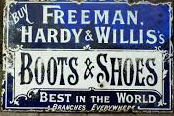
“The high density of skilled makers and menders of boots and shoes made Sturton Town the perfect location for a boot and shoemaking workshop. And so it was, that the ‘Castle Boot Repair Works’ came to be located on Upper Gwydir Street, in business until after the First World War. This facility was then taken over by a well-known shoe retailer, Freeman Hardy Willis, also run by them as a repair shop for their Cambridgeshire shop outlets2.
“There was a Freeman, Hardy and Willis’ shoe and boot repair factory in Gwydir St. I believe this factory closed in the early 1950s. I think it had previously been somewhere near the Kite area off East Road until sometime around the beginning of WW1. I know the factory existed on the Gwydir St site because my parents met there where they were employed until they married in 1948. I understand it was quite a thriving little factory. During WW2 my father spent many nights on fire watch on the roof of the building as part of his Home Guard duties. Come to think of it my Grandfather worked there as well and I believe the manager’s name was Freddie Alcroft.”
Tim Futter Memoires of Gwydir Street
FORGE Pop-Up Exhibition at The Museum of Cambridge 17th December – 8th February
Upstairs in the dining room the Cabinet of Inspiration celebrates local stories of pioneering thought and social justice. as well as sharing inspirational images taken during the pandemic: the first Black Lives Matter demonstration on Parker’s Piece, rainbows in windows and the nature on our doorsteps.
You will see QR codes around the museum which link you to some of the Cambridge groups and initiatives exploring and developing these themes – from community farming and measuring your carbon footprint to exploring Cambridge’s Urban Forest and Cambridge Doughnut Economics.
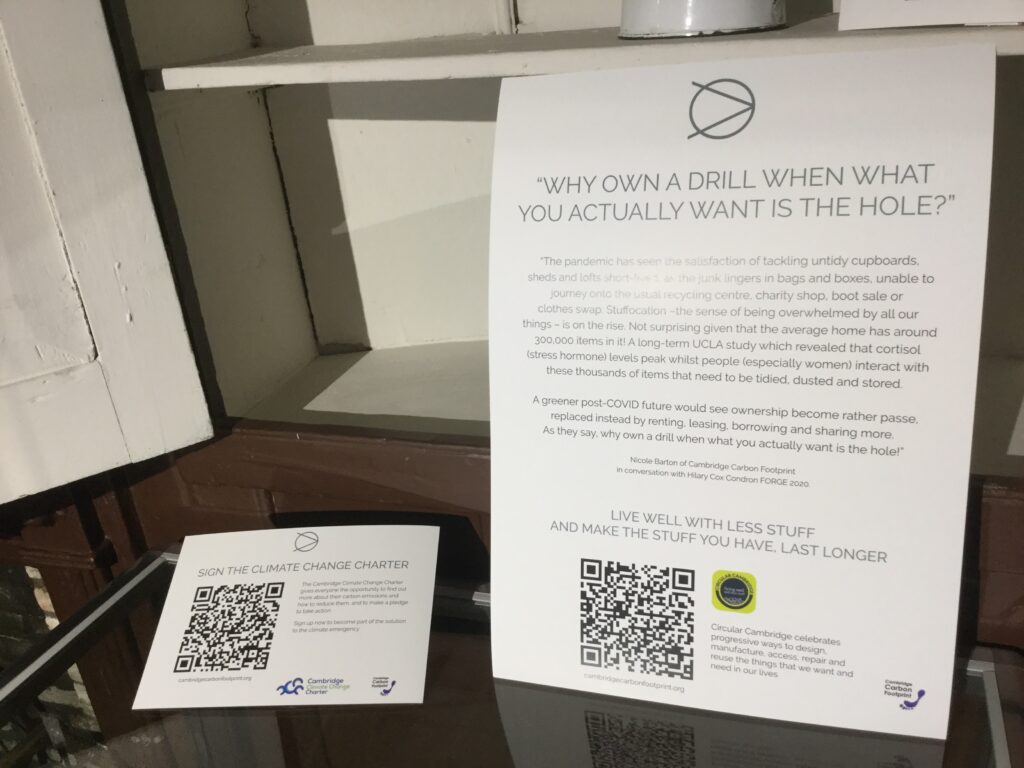

Circular Cambridge is a local project run by Cambridge Carbon Footprint that supports people in the city to live well with less stuff and make the stuff they have, last longer. The public is invited to attend their super popular clothes swap parties (swishes) or even better, lend their kit free of charge to organise their own. Bring your broken items along to Repair Cafes be seen by experienced engineers and fixers. Find repair businesses, reuse centres, auction houses, vintage and charity shops. Hilary Cox Condron – Ironworks artist in residence – and Nicole Barton of Cambridge Carbon Footprint, are currently planning digital Repair Cafe workshops for early 2021.
To find out more and sign the Climate Change Charter
Calculate your own carbon footprint

FORGE is an evolving project, sharing stories, ideas and actions together. We would love to hear from you!
Please email Ironworks artist in residence Hilary Cox Condron at hilarycoxcondron@gmail.com
Join the conversation on our Facebook page HERE
Hilary Cox Condron on Twitter @mshilarycoxSocial distancing has meant we have had to find lots of different ways to connect. The FORGE Community Gallery is another digital opportunity to share our creativity and ideas, and spread a little joy, too. If you would like to add to it, it’s really quite straight forward, there are instructions on the page – posts can be anonymous if you’d like them to be – and all posts will be monitored before it is made public. We would love you to join us there.
#ForgeCambridge #shapebondtransform
If you would like updates about the IRONWORKS public art programme and future community events, you can sign up to the Resonance-Cambridge mailing list HERE




